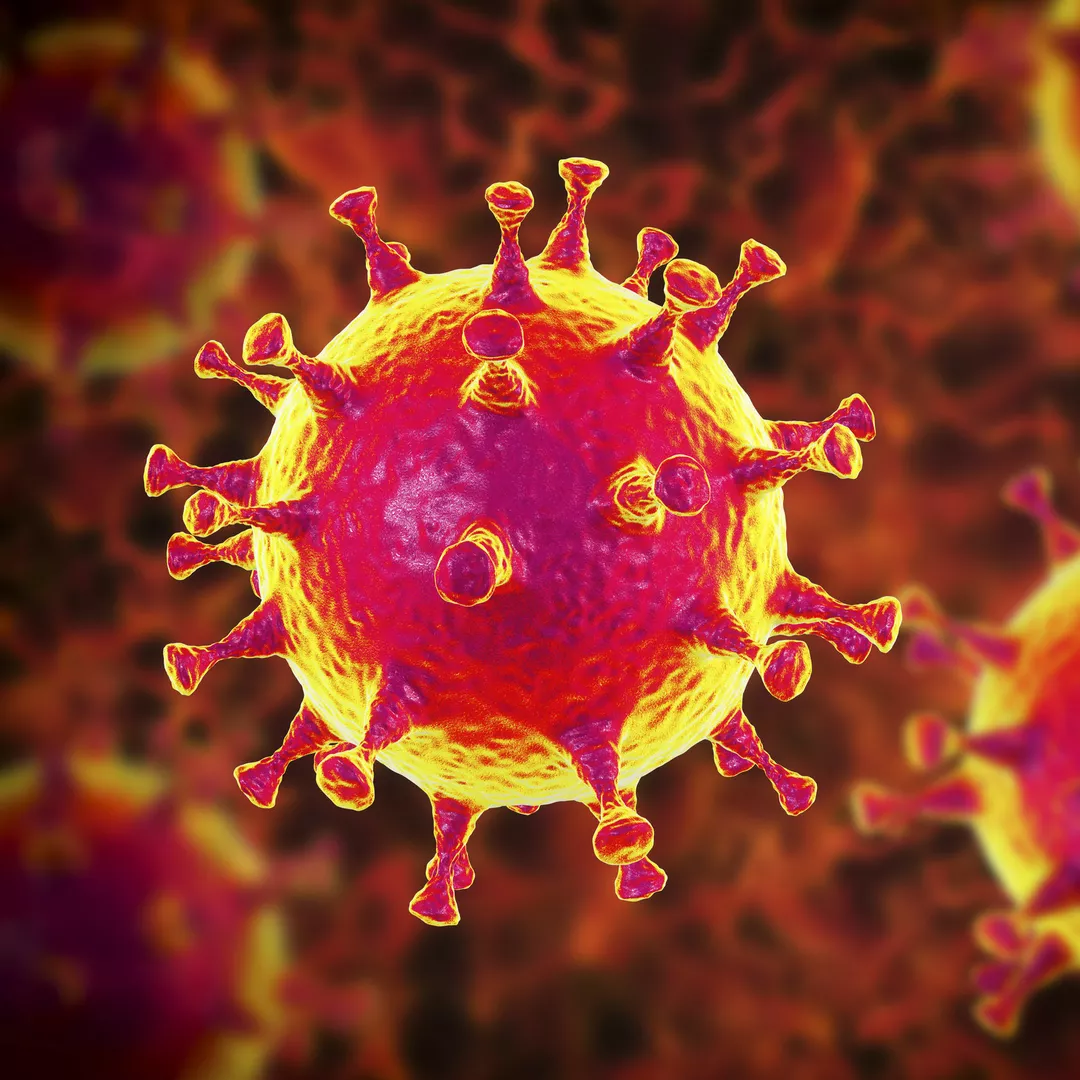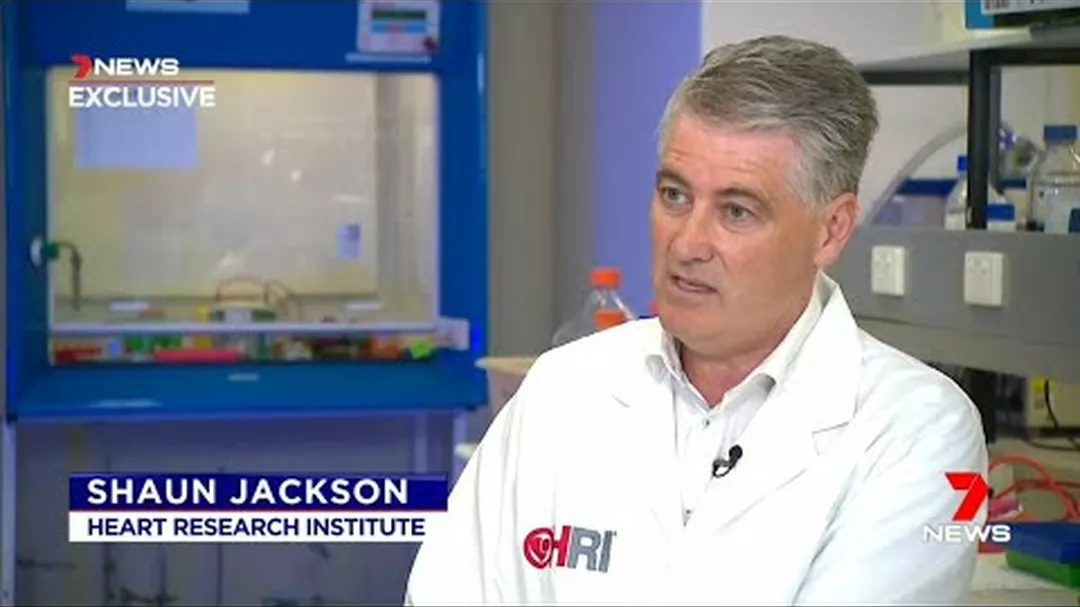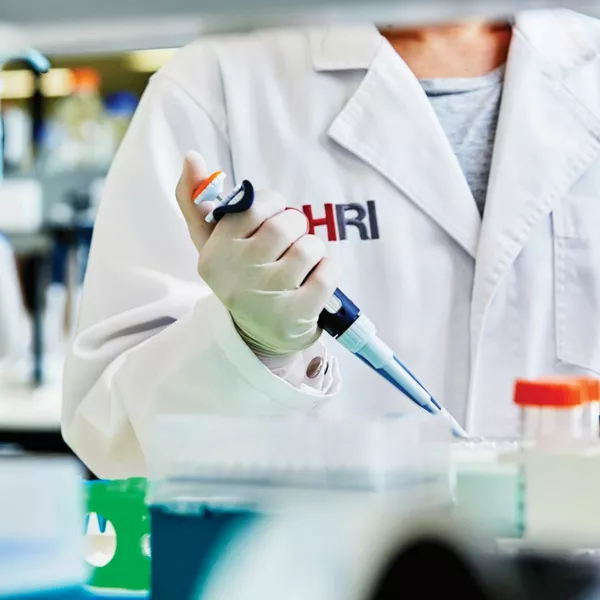
Researchers at Australia’s Heart Research Institute believe they may hold the key to controlling the deadly blood clots caused by COVID-19.
The Heart Research Institute’s Professor Shaun Jackson has been leading a team of researchers developing a new anti-clotting medicine to treat stroke. When news overseas emerged linking blood clots with COVID-19, Professor Jackson and his colleagues turned their focus to the deadly virus.
“If our medicine can control these clots, then organ failure and death in many thousands of cases could be avoided. We want COVID-19 patients reaching for the tissue box, not hooked up to ventilators.”
The new anti-clotting drug developed by HRI scientists is highly effective at preventing the formation and breakup of newly formed blood clots. This drug has an unprecedented safety profile when used in combination with existing blood clotting drugs.
Professor Chris Levi, a leading stroke neurologist at the University of NSW and Chair of the Australian Health & Research Alliance, said, “A really unexpected problem in patients with COVID-19 is a complication of stroke, and not necessarily just in the elderly. New anticlotting approaches to prevent this are urgently needed.”
Following successful phase 1 trials that demonstrated the drug’s safety in otherwise healthy patients, HRI researchers want to urgently move into global phase 2 trials, testing the effectiveness and safety of the drug in critically ill COVID-19 patients. It could then be a matter of months before doctors around the world can use the novel anti-clotting drug to protect patients with COVID-19, potentially saving thousands of lives.
While the focus is on the urgent need for trial on COVID-19 patients with blood clots, the resulting findings will be crucial in the development of a pipeline of drugs for the management of stroke and heart disease, two of the largest killers globally.
If Professor Jackson’s clinical trials are successful, his team’s innovative anti-clotting medicine could put Sydney-based medical research on the map and become a global blockbuster therapy for patients suffering COVID-19, stroke or heart disease.
Media coverage of HRI's COVID-19 treatment

